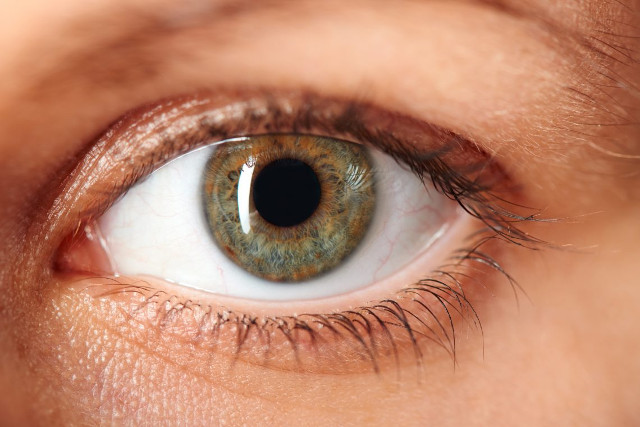Detecting foreign genes can cause visual impairment in middle age
A group of scientists recently discovered a gene that can damage eye cells due to gradual degeneration of the retina, causing loss of vision in middle age.
According to researchers in London, England, chemical changes in the eyes can lead to middle-aged blindness.
Their findings help understand the genetic status of losing sight in about 3,000 people in the UK.

The research team investigated the change of a gene - called RPGR - that could damage eye cells that cause a disorder called pigment-linked retinitis pigmentosa - a chronic genetic eye disease. Characteristic characterized by black pigmentation and gradual degeneration of the retina.
This situation is incurable and affects night vision and peripheral vision before gradually blinding to middle age later.
The research team from Edinburgh University took skin samples from two patients and transformed stem cells - cells that can transform into any kind of cell - into light-sensitive eye cells called cells. photocell absorbs.
They compare them with cells from the patient's healthy body skin.
The comparison results show that absorption optical cells show signs of depression in patients with retinal impairment - have a different retinal structure than normal people.
Further studies in mice have identified the role of RPGR gene molecules in maintaining receptor receptor cell absorption.
When RPGR is lacking, the receptor structure of optical cells absorbs light and the light sensors in the eye cannot function properly, leading to loss of vision.
Leading researcher Dr Roly Megaw said that by enhancing the understanding of the RPGR gene and its effects on light-absorbing optical cells, they hope these findings will bring medicine closer. rather than developing a more effective treatment for this devastating disease.
The study was published at the 2017 Eye Development and Degradation Conference in Edinburgh, appearing in Nature Communications.
You should read it
- ★ Unbelievable story: Successful creation of stem cells made from stem cells through 3D printing equipment
- ★ Those who use computers should enhance the following foods to protect their eyes
- ★ Genes play an important role in children exploring the world in a visual way
- ★ Storing stem cells from baby teeth can save your baby in the future
- ★ 10 middle-aged crisis warning signs everyone needs to know